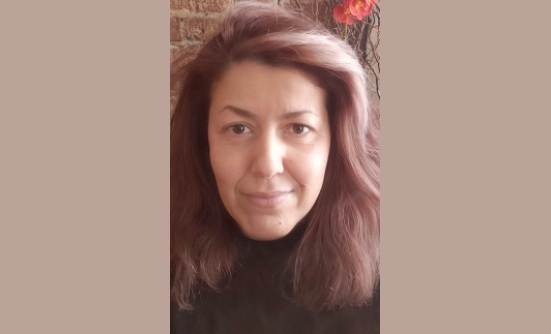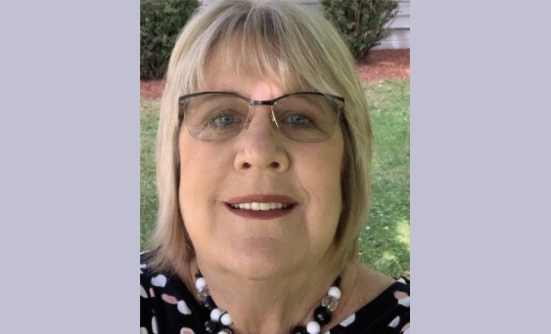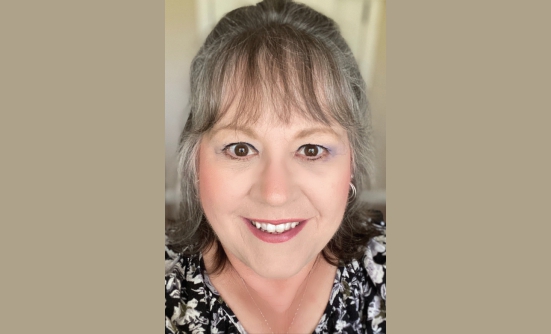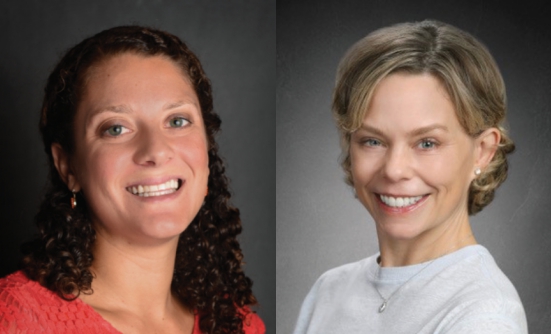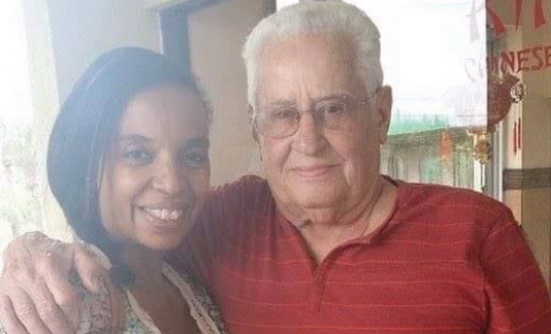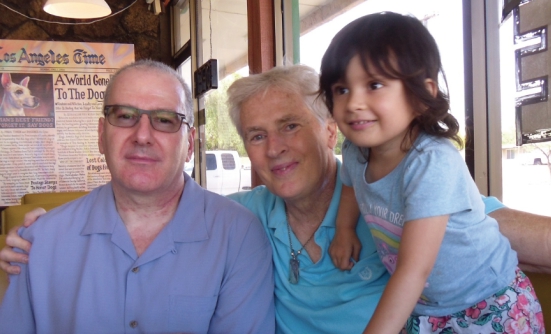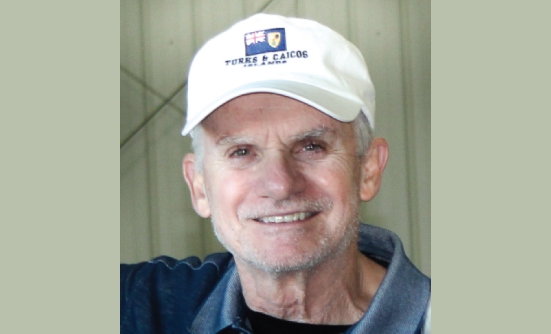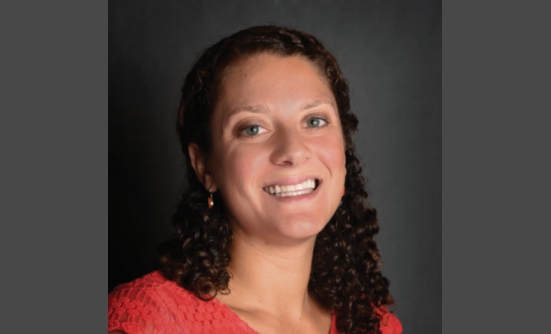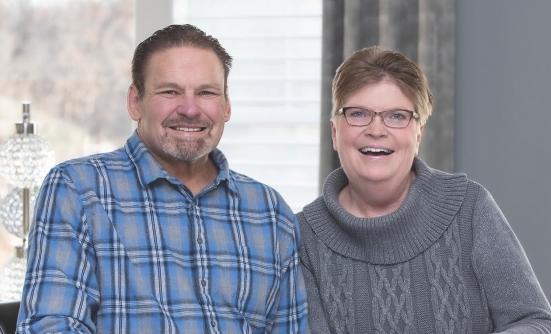Stepping into the role of a caregiver for a loved one with cancer comes with many challenges, including thoughts of uncertainty, moments of losing hope and control, sacrifices of time and resources, and the overwhelming sense that no one understands what you’re going through, according to Sara Goldberger, LCSW-R, Senior Director, Program, Cancer Support Community, New York City.
When a loved one is diagnosed, “You’re walking side by side on their journey, but you’re walking a parallel journey of your own,” Ms. Goldberger said at the SURVIVORville 2015 annual meeting in Nashville, TN. Ms. Goldberger provided practical tips for coping with the stress of being a caregiver.
Although caregivers’ priorities often shift toward their loved ones’ health, it’s vitally important for them to take care of themselves, physically and mentally. However, many caregivers find it difficult to get a good night’s sleep, let alone make time for proper nutrition, exercise, and hobbies.
The 3 Dos
Set Your Boundaries
Concerned friends and family members are going to reach out, wanting to know the status of your health, but their good intentions can quickly feel like a time-consuming burden when you’re answering every phone call, every text, and every e-mail, especially when you’re relaying the same information over and over again.“
Setting up a blog is a great place to post updates,” Ms. Goldberger said. “There, you can say things like, ‘we just want peace and quiet right now’ in a nonconfrontational and nondirect way.”
Another option is starting a telephone tree, and giving each of your friends and family members a list of people to call when there’s news to share.
Ask For Help, But On Your Own Terms
One of the main reasons that caregivers don’t ask for help is because they feel they are burdening their friends or loved ones, and then putting them in an awkward position if the caregiver declines.
One solution is to create an online scheduler that you share with all your friends and family, Ms. Goldberger explained. “You can write in that you need a healthy meal for Wednesday night or someone to take you to an appointment, and then people can volunteer and sign up for those tasks,” she said. “It takes the fear out of asking.”
Know Your Rights
If it is too difficult to balance work and the needs of your loved one, talk to your employer about unpaid leave. The Family and Medical Leave Act permits employees to take unpaid leave for medical reasons.
The 3 Dont's
Don't Isolate Yourself
Whether it’s an organized support group or your own circle of friends, take the time to connect socially and participate in activities that you enjoy. “Even if it’s the guy next to you who is also taking his wife for chemotherapy, connect with someone who truly knows what you’re going through,” said Ms. Goldberger.
Don't Be Afraid to Say No
It’s important not to feel obligated to participate in any nonessential social, professional, or personal engagements. It’s okay to turn down invitations that you simply don’t have the time or energy for.
Likewise, it’s okay to politely decline help when it isn’t needed. “For example, if you have a friend who keeps wanting to bring you and your family pizza for dinner, but you actually enjoy cooking for the family, and that’s therapeutic for you, that’s something you might decline,” she said.
Don't Lose Hope
As you and your loved one deal with cancer treatment, your expectations of survivorship will likely change throughout the journey. When disease-free survival is no longer likely, hope may take many other forms, such as resolving financial and family legal matters and a pain-free death.“
Communication with one another and with the healthcare team is key,” Ms. Goldberger said. “Don’t stay in that angry, confused state. Educate yourself, get support, and most important, have hope.”







